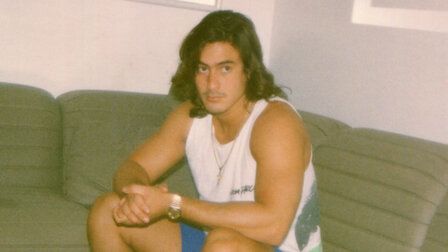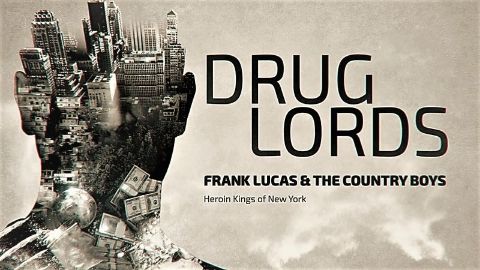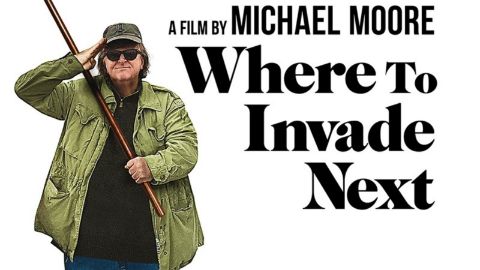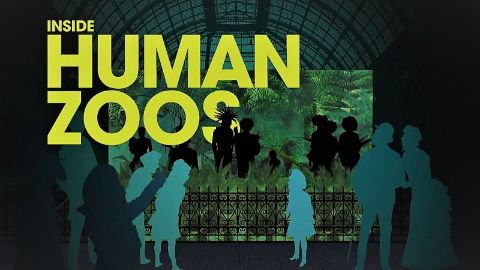The Meaning of Life • 2012 • episode "Part 3" • Dawkins: Sex Death and the Meaning of Life
Why does an atheist bother to get up in the morning? That's the question Richard Dawkins seeks to answer as he continues his exploration of the big questions of life in a world shaking off religious faith. In a journey that takes him from the casinos of Las Vegas to Buddhist monasteries in the foothills of the Himalayas, Dawkins examines how both religious and non-religious people struggle to find meaning in their lives. He looks at how our existence is ruled by chance, meeting people whose fate was to be born into extreme poverty in India's slums and the survivors of a natural disaster in Joplin, Missouri, which was ripped apart in 2011 by a tornado on a random course.
Make a donation
Buy a brother a hot coffee? Or a cold beer?
Hope you're finding these documentaries fascinating and eye-opening. It's just me, working hard behind the scenes to bring you this enriching content.
Running and maintaining a website like this takes time and resources. That's why I'm reaching out to you. If you appreciate what I do and would like to support my efforts, would you consider "buying me a coffee"?
Donation addresses
BTC: bc1q8ldskxh4x9qnddhcrgcun8rtvddeldm2a07r2v
ETH: 0x5CCAAA1afc5c5D814129d99277dDb5A979672116
With your donation through , you can show your appreciation and help me keep this project going. Every contribution, no matter how small, makes a significant impact. It goes directly towards covering server costs.






